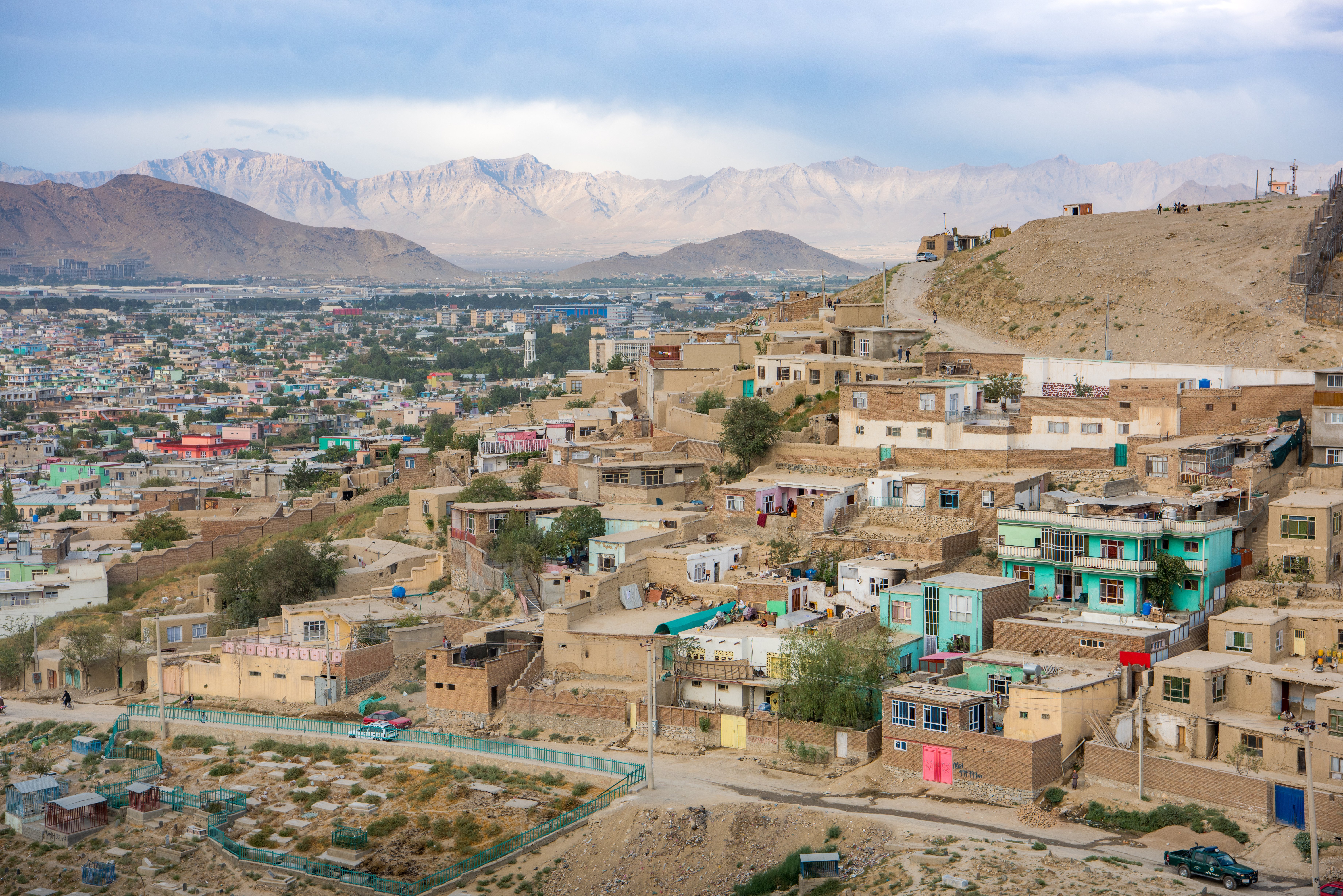The rapid fall of the government of Afghanistan and the deteriorating security, political and humanitarian situation in the country are causes of deep concern for everyone committed to human rights and human security around the world. The Kroc School of Peace Studies expresses its support for and solidarity with all Afghans. We are especially concerned for the fate of people who have been working for peace and social justice through many decades of war, violence, and foreign intervention. We want to acknowledge the incredible work of our Afghan alumni and peacebuilding partners, and we stand ready to support them as they continue with their vital peacebuilding work.
As a US-based institution of peace and justice, we strive to understand, together with our students and partners, the role that we as individuals and the US as a country can play to further peace around the world. The situation in Afghanistan is a matter of global importance and requires a broad-based response to address immediate human rights and humanitarian concerns alongside efforts to ensure a rapid political transition. We call on the United States, its international partners, and the United Nations to bear responsibility for this moment and help address the terrible crisis happening there. We cannot leave behind thousands of Afghans who worked closely with the US and its allies and who might need to be evacuated and protected. We are particularly concerned about the future of Afghan women and girls under a Taliban regime, reversing decades of progress. We call on peacebuilders around the world to raise their voices and join efforts in support of women’s rights and other human rights in Afghanistan.
— The Kroc School Team

About the Author
The Joan B. Kroc School of Peace Studies (Kroc School) at the University of San Diego is the global hub for peacebuilding and social innovation. Founded in 2007, the Kroc School equips the next generation of innovative changemakers to shape more peaceful and just societies. We offer master's degrees in peace and justice, social innovation, humanitarian action, conflict management and resolution, and a dual degree in peace and law — programs that have attracted diverse and dynamic students from more than 50 countries. In addition to our graduate programs, the Kroc School is home to the Kroc Institute for Peace and Justice (Kroc IPJ). Founded in 2001, the Institute supports positive change beyond the classroom. Through groundbreaking research, experiential learning, and forward-thinking programs, the Kroc School and Kroc IPJ are shaping a future in which peaceful co-existence is the new normal.






